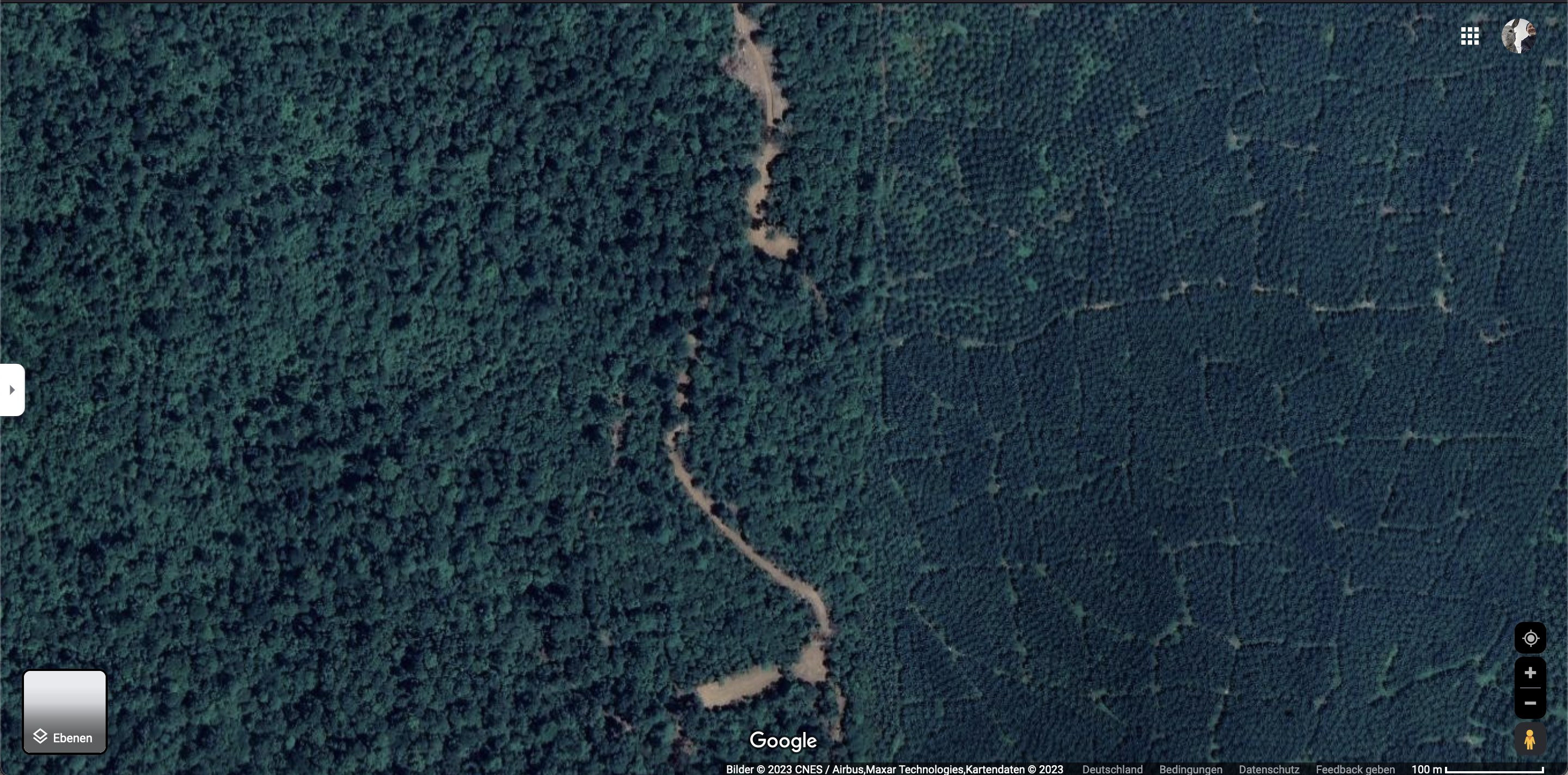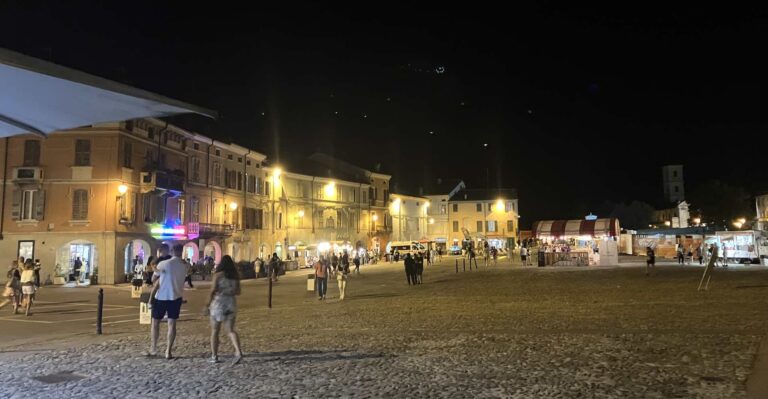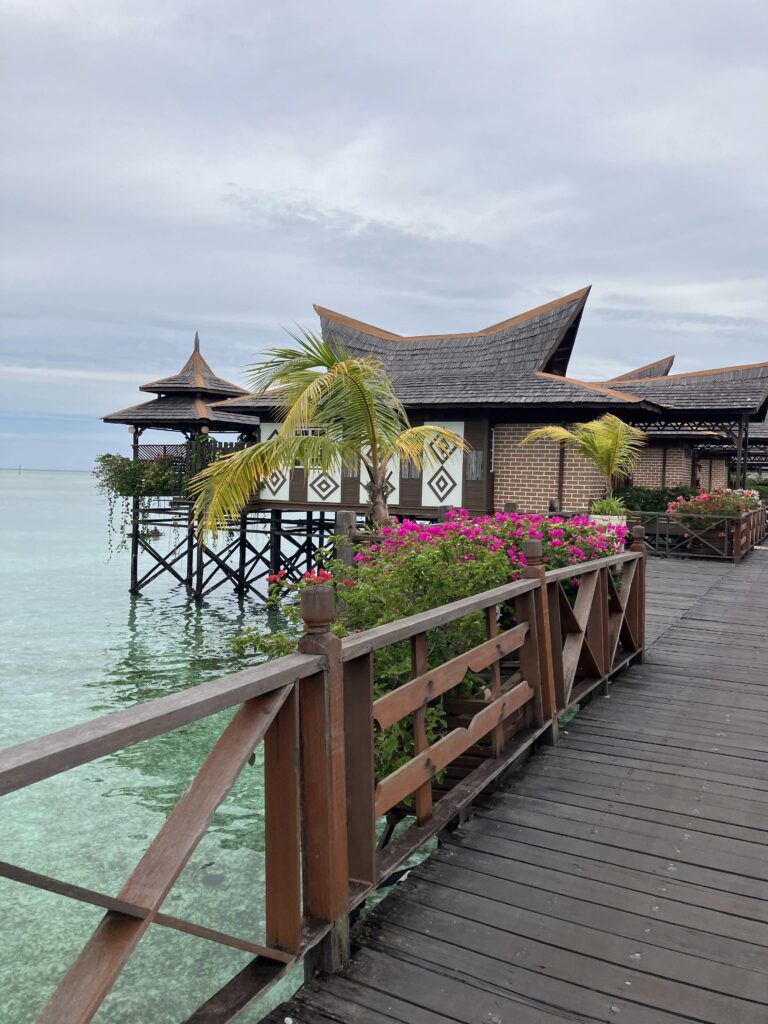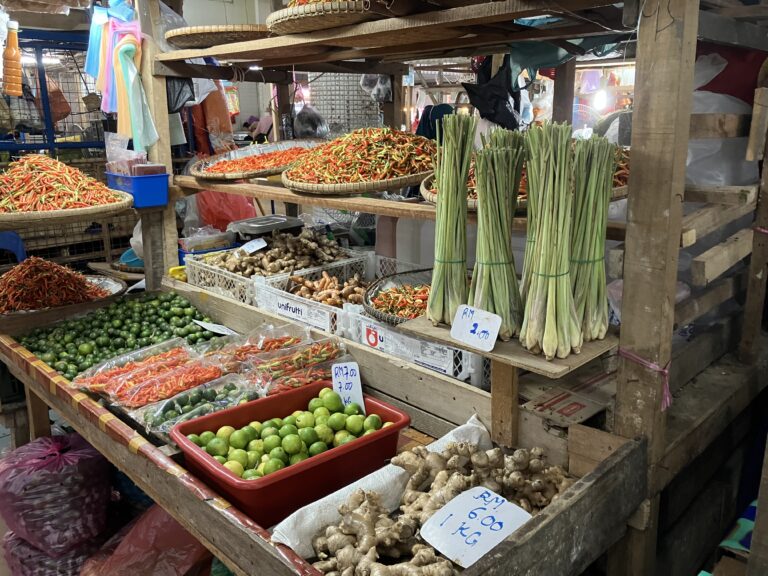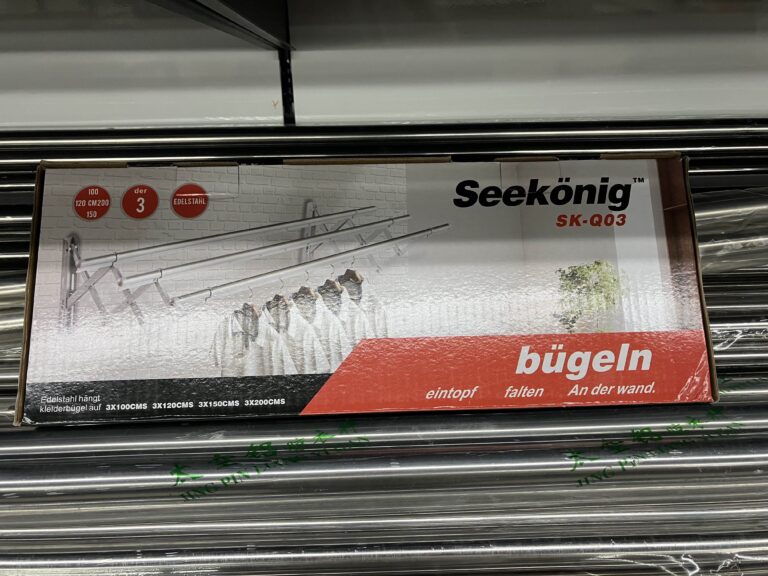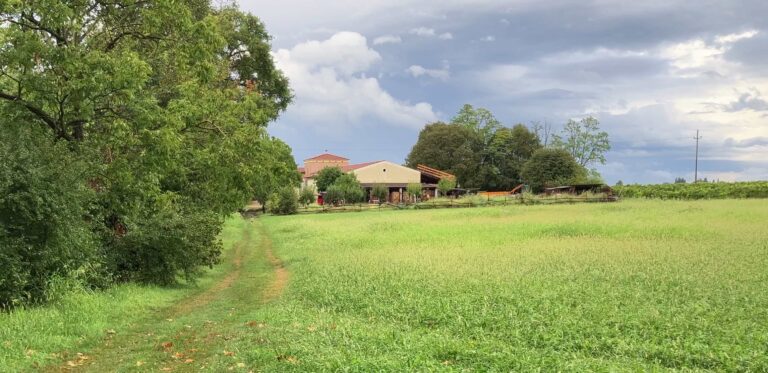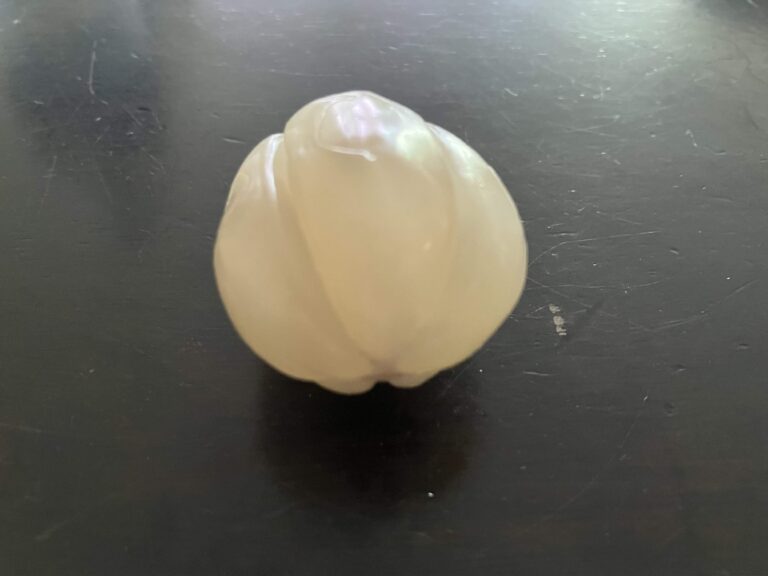Palm Oil: When jungle becomes pixels
If you look from high above, Borneo as the third-largest island in the world is green. Nature. Forest. Jungle. But if you zoom-in, the jungle turns into geometric pixels, showing that there is a human algorithm at work. Use this link to try: https://www.google.com/maps/@5.7683445,117.1430956,154324m/data=!3m1!1e3?entry=ttu
Malaysia and Indonesia have become dominant players in the global palm oil production, driving economic growth and replacing traditional industries like rubber. With vast untapped resources in Borneo, the governments have prioritized the development and conversion of jungles into palm oil plantations, furthering economic prosperity.
Palm oil is the primary vegetable oil on Borneo, and likely across south-east Asia. You cannot avoid it. It is in chips, ice cream, cookies, people don’t question it, frying things is signature in the cuisine, palm oil is part of their daily life, as olive oil is in Italy, or corn oil in the US. And the oil itself has a lot of positive characteristics: It has high yields, long shelf-life, is semi-solid at room-temperature, has a (rather) neutral taste and a high smoke point. It is also the first choice in many first-world products, like Nutella, KitKat, Ben&Jerries, Dove, Kellogs …
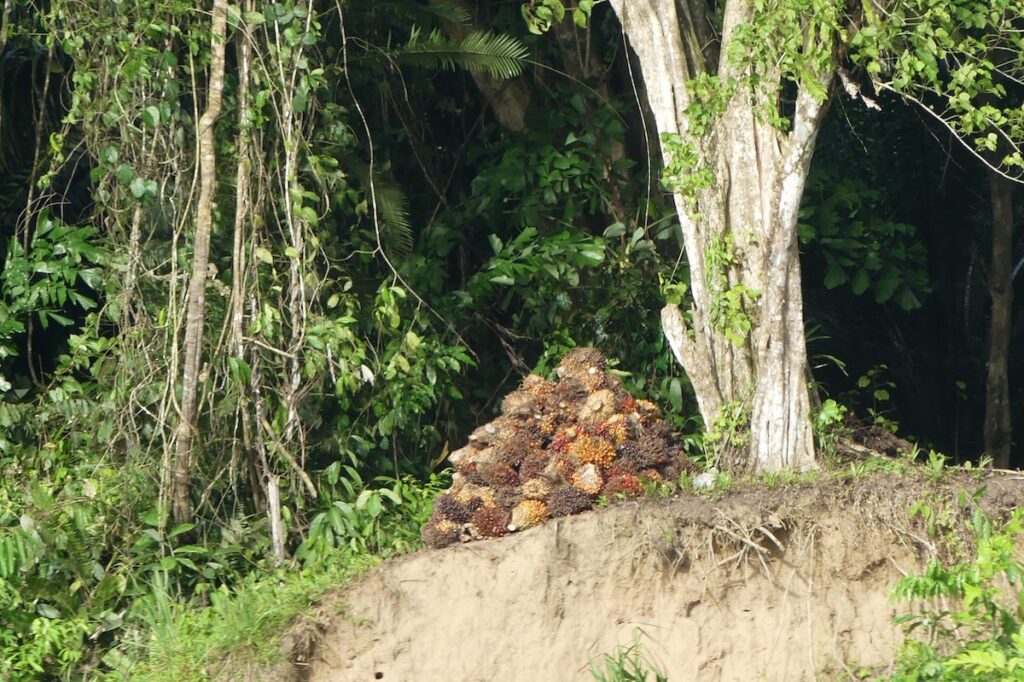
Oil palm trees are nice looking palm trees, they look as palmy as other palm trees (like the many date palms along the beach promenades at Nice/France), many of them have a growing under-wood, and the plantations very often look “quite natural”, plushy, even if the roads through it are often straight and well-kept. Not so much different to the spruce / pine forests in Brandenburg / Germany or elsewhere.
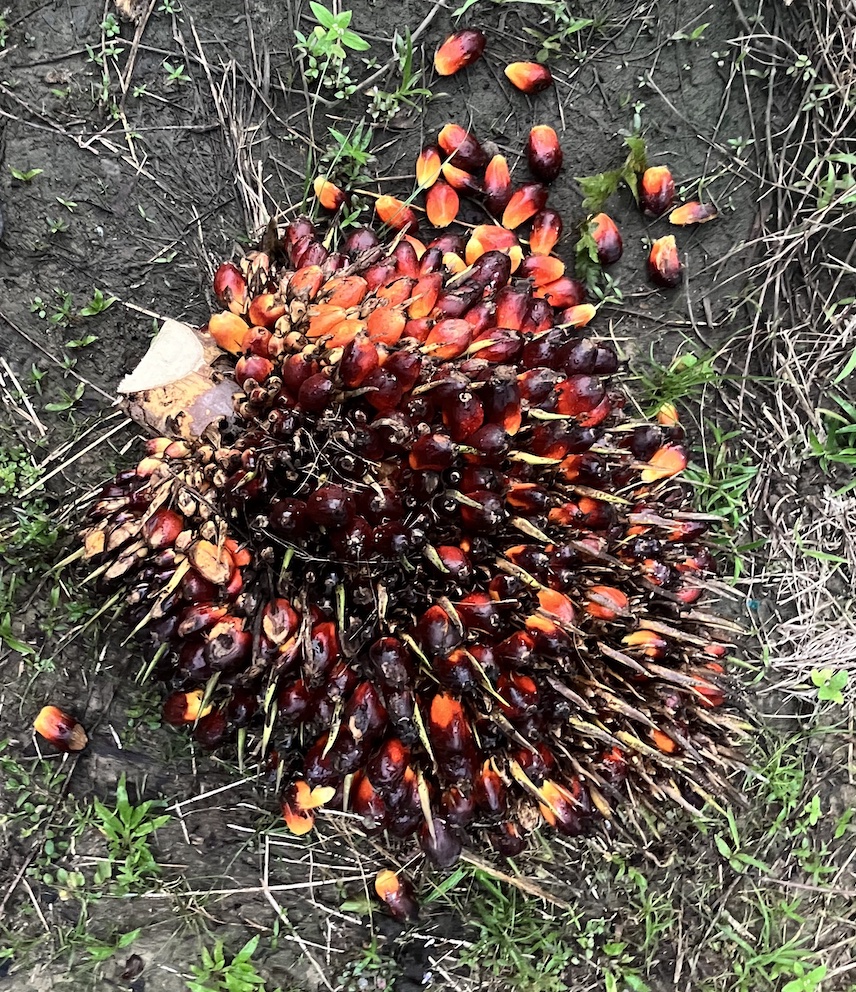
Asked about the ecological impact of palm oil plantations, several well-informed guides told us that these palm trees do not take much fertilizer or pesticides, and almost all of a palm tree is used or reused, e.g. as fertilizer or animal food, when they have reached the end of their life cycle around 25 years.
So what’s so bad about palm oil then? The primary ecological concern associated with palm oil production is the widespread deforestation of native jungles, resulting in the loss of habitat for diverse wildlife. Large mammals, birds, and reptiles depend on specific areas of the jungle for seasonal food sources, making palm oil plantations inhospitable to their survival. Organic palm oil does not alleviate this issue, as the underlying problem lies in habitat destruction.
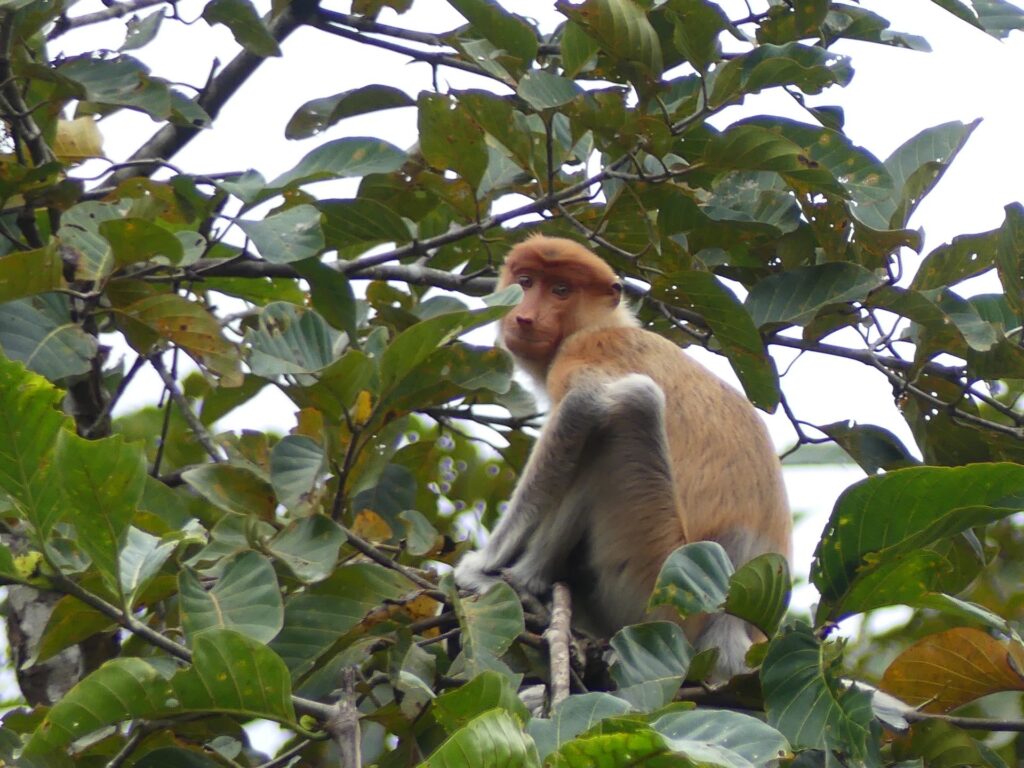
It feels very difficult to write this, because it involves a moral rating. In Germany, our agriculture is mostly mono-cultural, providing zero food for wild animals, enforced by chemicals. Larger mammals, like wolves, lynx, bears or buffaloes are either extinct, or simply do not fit into our industrial agriculture and forests, or do not find enough prey, and are illegally hunted, or road-killed, or not able to repopulate. So why should this be in any way different to Borneo? Because we now see the vanishing jungles in emotional movies on Netflix? Because we declare them as green lungs of the planet? Tricky.
My hope is that there is enough economical value to jungle, either for a tourism industry, or for sustainable logging, or through other means. Especially the land-dwelling people (Dursu, hunters) on Bornei seem to very much care for the nature, as it has been a substantial part of their living in the past, and they seem to still be very much connected. But they need a living too, and although palm oil production is largely big corp business, it still provides jobs even in times when Covid hit. So let’s say my hope is that there will be a mix of the local people still being connected and taking care; that they are rewarded by tourism, government and global initiatives, and – that the economical impact of palm oil is factored in its price.

